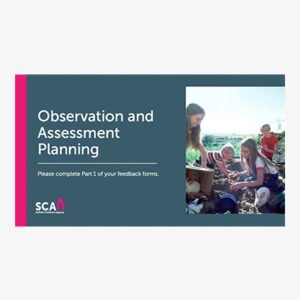What to Expect From Your Inspection
£5.00
When applying to become a childminder, you will undergo an inspection by Ofsted or your local authority. Expect the inspector to assess your home environment, safety measures, and suitability for caring for children. They will review your qualifications, training, and understanding of the Early Years Foundation Stage (EYFS). The inspector will also evaluate your policies, risk assessments, and daily routines. During the inspection, be prepared to demonstrate how you plan to support children’s development, health, and wellbeing. The outcome will determine whether you meet the required standards to become a registered childminder.
What to Expect From Your Inspection When Becoming a Childminder
If you plan to become a childminder, you must understand what to expect from your inspection during the registration process. The registration visit checks your readiness and ensures your home meets the Early Years Foundation Stage (EYFS) requirements.
The inspector will agree on a date with you in advance. Your home must be safe, organised, and suitable for young children. You must complete safeguarding and first aid training before this visit.
What to Expect From Your Inspection
The inspector will ask questions to check your understanding of safeguarding and child development. They will look around your home. Stair gates, safe exits, and fire precautions must be in place and working.
You must show how you plan to support learning through play. The inspector may ask for examples of activities. You need to explain how you will track progress and meet individual needs.
You must also promote equality and manage behaviour with kindness. Be ready to describe how you will work with parents. A calm, clean space helps show your preparedness and professionalism.
Documents and Records You Must Prepare
Have your DBS certificate, training records, and policies ready to show. These include safeguarding, complaints, behaviour, and health and safety policies.
Also prepare emergency evacuation plans, risk assessments, and daily routine examples. Store everything in a file or folder for easy access.
What to Look Out For
Check for loose wires, unsafe furniture, or unlocked cupboards. Make sure medicines and cleaning products are out of reach.
Look for worn or broken toys and remove any hazards. Test smoke alarms and update your first aid supplies. Display emergency contacts clearly and store documents in one place.
Know your policies well and speak clearly about child development. Practise answering questions with confidence and clarity.
Final Thoughts
Understanding what to expect from your inspection helps you feel prepared and calm. Show your passion for childcare and attention to detail.




